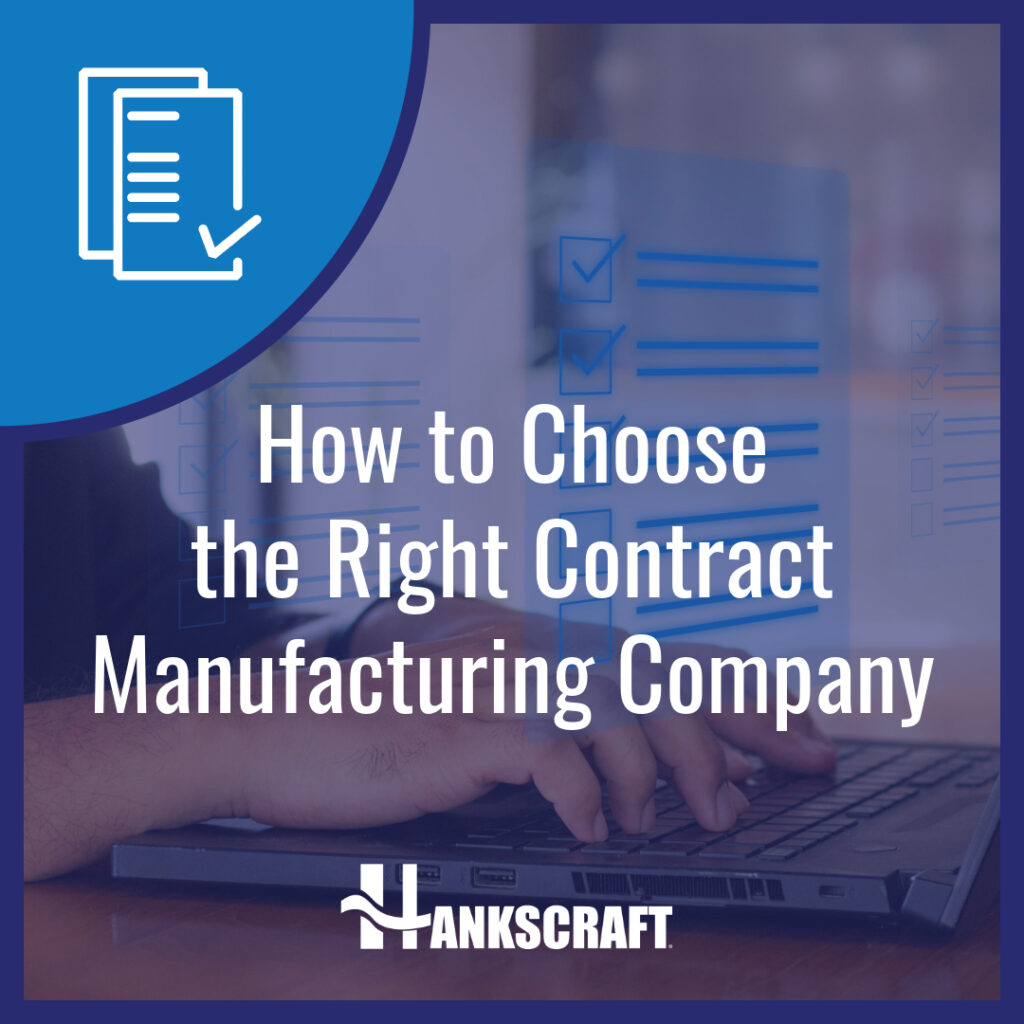Unlocking Growth: How Contract Manufacturing Can Propel Your Business Forward
In today's fast-paced and ever-evolving marketplace, businesses are constantly looking for ways to enhance their efficiency and scalability. One strategy that has gained significant traction is contract manufacturing. This approach allows companies to leverage the expertise and resources of specialized manufacturers to produce their products, enabling them to focus on core competencies while reducing operational burdens. By partnering with a skilled contract manufacturer, businesses can access advanced technologies and skilled labor that might otherwise be out of reach.
The benefits of contract manufacturing extend far beyond mere cost savings. From increased flexibility in production to faster time-to-market, this strategy offers a pathway to not just survive but thrive in competitive industries. Whether you are a startup seeking to establish your brand or an established company aiming to optimize your supply chain, understanding how contract manufacturing can propel your business forward is essential for sustained growth and success.
Understanding Contract Manufacturing
Contract manufacturing is a business model where companies outsource the production of their goods to third-party manufacturers. This arrangement allows businesses to focus on their core competencies, such as product design and marketing, while entrusting the manufacturing process to experts in the field. By leveraging the capabilities of contract manufacturers, companies can enhance their production efficiency and reduce costs without sacrificing quality.
One of the key advantages of contract manufacturing is the ability to scale operations quickly. Businesses can respond to market demands without the need for significant capital investment in their own production facilities. This flexibility is particularly beneficial in industries with fluctuating demand, as contract manufacturers can adjust production volumes on short notice, ensuring that companies can meet customer needs without overextending their resources.
Another critical benefit is access to advanced technology and expertise. Many contract manufacturers specialize in specific industries and invest in the latest equipment and skilled workforce. By partnering with these manufacturers, companies can take advantage of innovations and best practices that may not be feasible for them to develop in-house. This collaboration not only enhances product quality but also accelerates time-to-market for new products.
Benefits of Contract Manufacturing
One of the primary advantages of contract manufacturing is cost savings. By partnering with a specialized manufacturer, businesses can significantly reduce their operational costs. This is achieved through lower labor costs, streamlined production processes, and reduced overhead expenses. Companies can allocate their resources more effectively, focusing on core areas like marketing and product development while leaving production to experts.
Another critical benefit is scalability. Contract manufacturing allows companies to quickly adjust their production levels based on market demand without the financial burden of expanding their facilities. This flexibility is particularly valuable during periods of fluctuating sales or when launching new products. By utilizing contract manufacturers, businesses can scale up or down effortlessly, granting them the agility needed to respond to market trends.
Lastly, contract manufacturing provides access to advanced technology and expertise. Many contract manufacturers invest in state-of-the-art equipment and implement best practices that businesses may not have the resources to adopt independently. By leveraging this expertise, companies can enhance their product quality and innovate more effectively. This access to high-quality production capabilities can significantly strengthen a brand’s competitive position in the marketplace.
Choosing the Right Partner
Selecting the right contract manufacturing partner is crucial for the success of your business. A suitable partner should not only possess the necessary capabilities and experience but also align with your company's values and vision. It’s important to conduct thorough research, including evaluating their track record, client testimonials, and production capacities. Taking the time to assess their certifications and adherence to quality standards can help ensure they meet your expectations and regulatory requirements.
Communication is another vital factor in choosing a contract manufacturer. Establishing a solid line of communication fosters collaboration and enables quick resolution of any issues that may arise during the production process. Look for a partner who prioritizes transparency and is willing to share information about their processes, challenges, and capabilities. Engaging in open dialogue can help you build a strong relationship that supports long-term growth and efficiency.

Finally, consider the flexibility and scalability that your contract manufacturing partner can offer. As your business grows and market demands change, your manufacturing needs may evolve. A partner who can adapt to shifting requirements and scale operations accordingly will provide you with the agility needed to remain competitive. Evaluating their ability to innovate and respond to new trends can significantly impact your success in an ever-changing market.